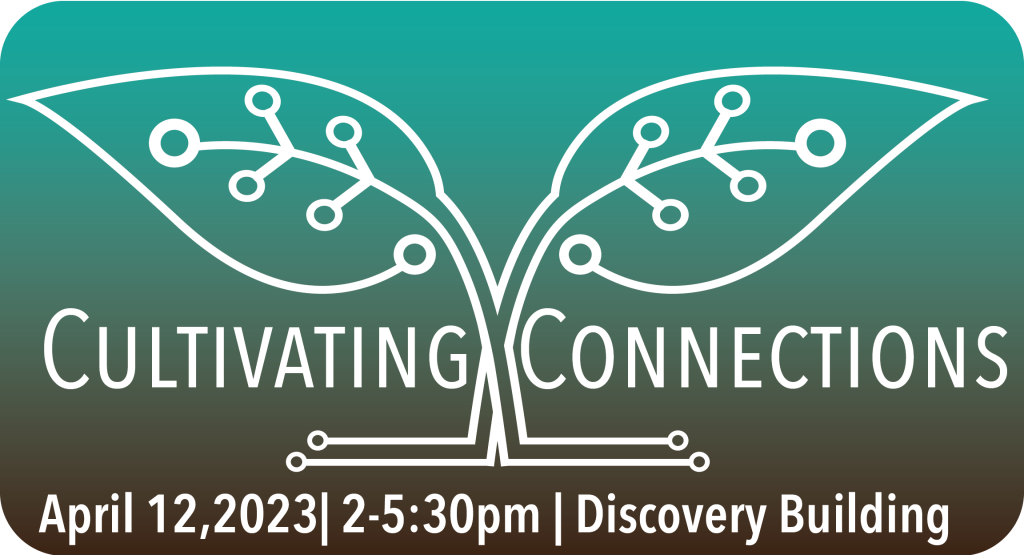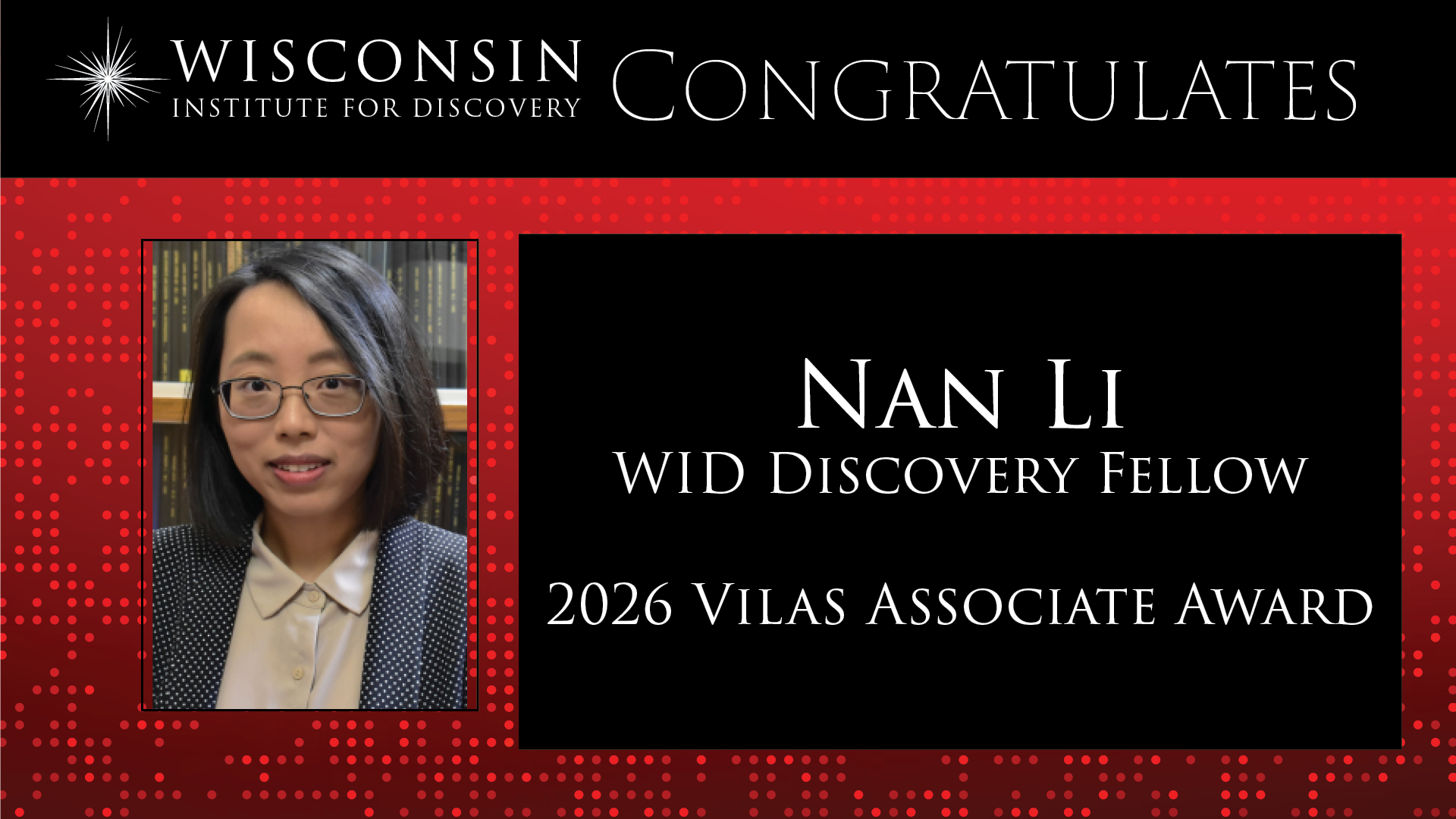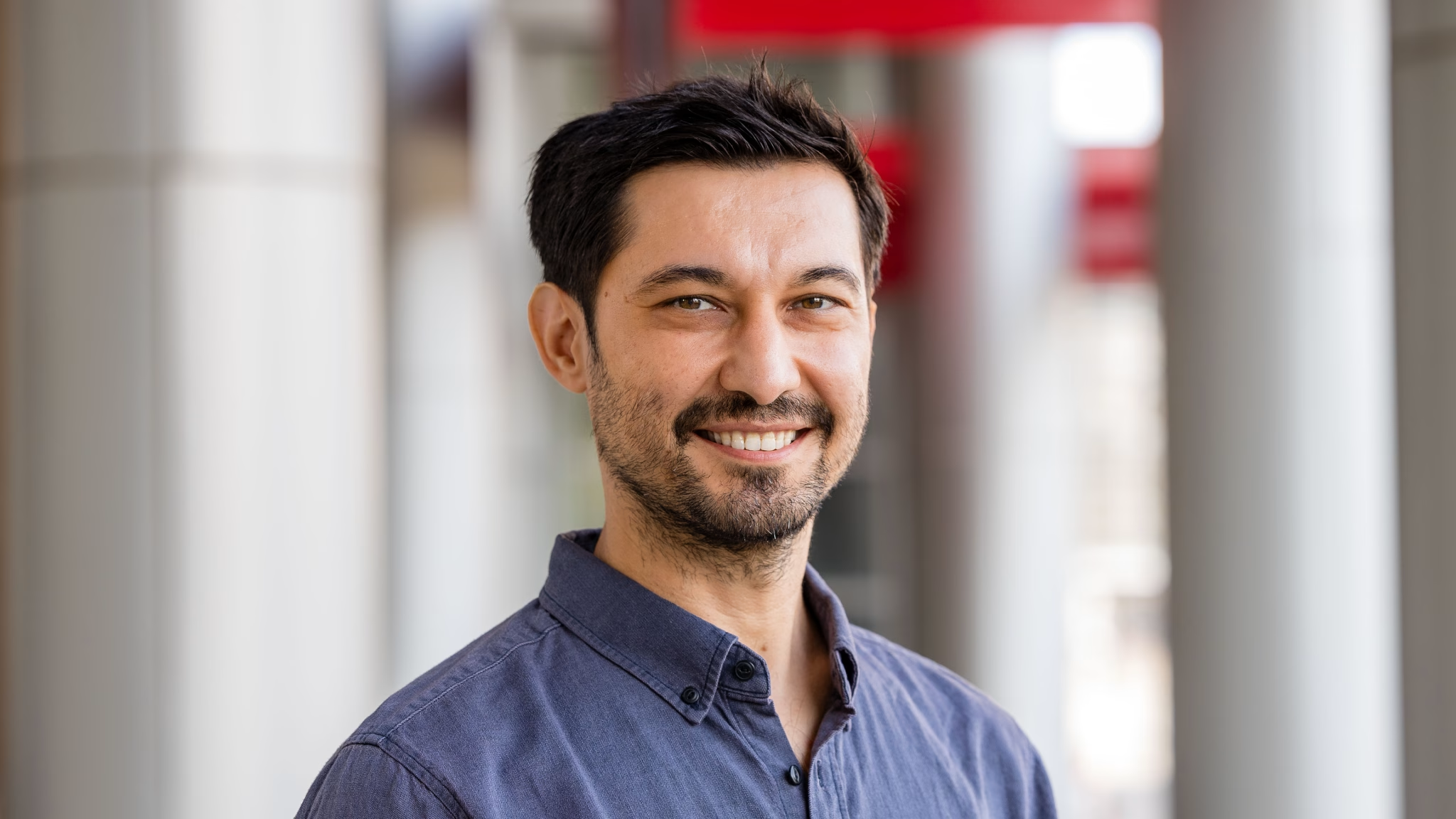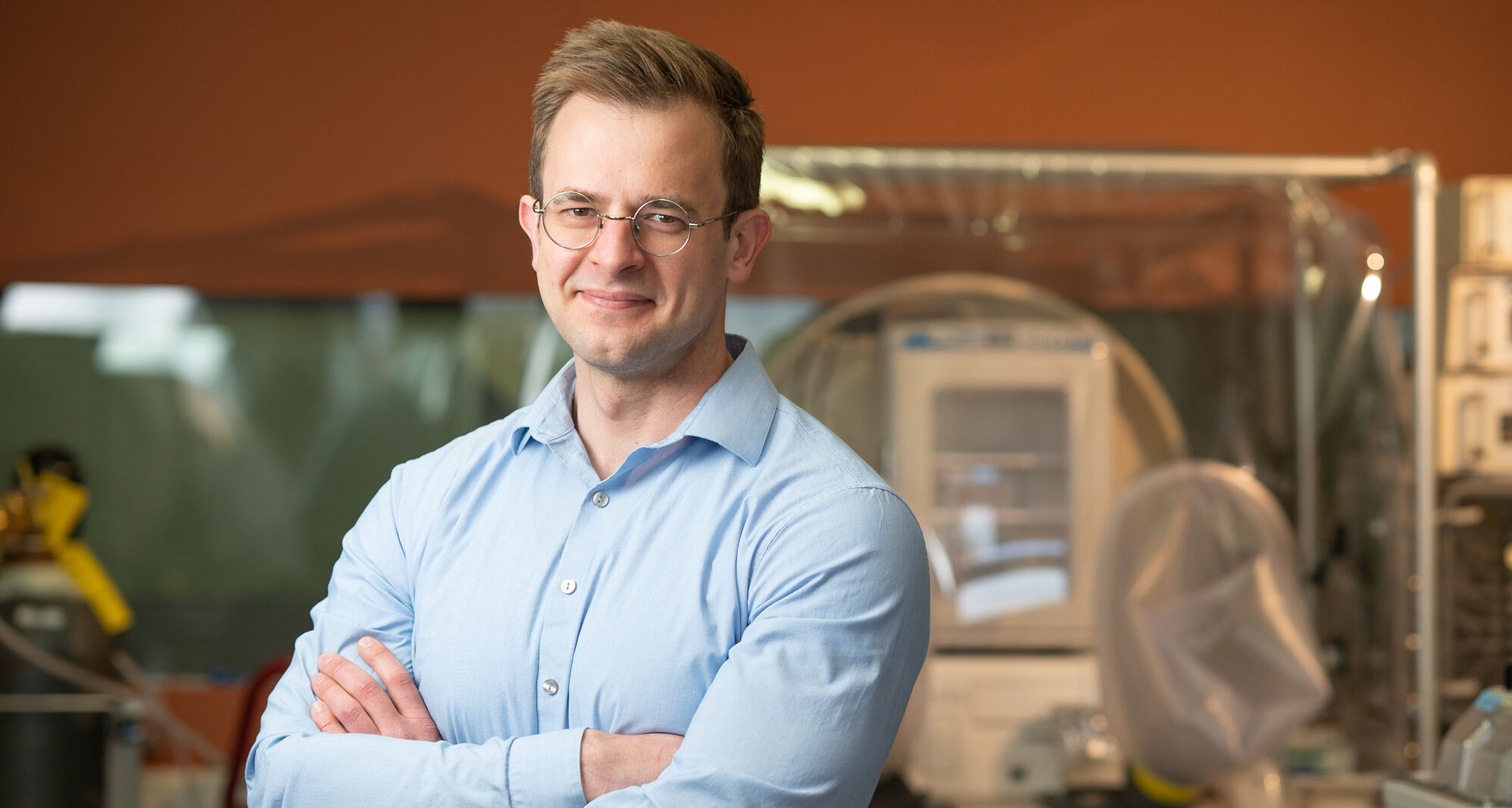Wisconsin Institute for Discovery Announces 2023 Cultivating Connections Expo

The Wisconsin Institute for Discovery (WID) is excited to announce the 2023 Cultivating Connections expo, to be held on April 12, 2023, from 2:00 – 5:30 pm at the Discovery Building. The expo will feature a panel discussion on the importance of diverse mentorship in STEM, a dance performance from the Kohler fellows program, and tours of the virtual reality space called the CAVE.
The annual expo highlights the interdisciplinary research and collaborations at WID, spanning biotechnology, virtual reality environments, entrepreneurship, new antibiotics, data science, complex systems, precision medicine, emerging technologies, science policy, and art-science fusion.
“We are thrilled to open our doors and showcase the groundbreaking work of our researchers,” said Dr. Jo Handelsman, Director of WID. “Cultivating Connections provides an opportunity for the public to engage with the important research happening at WID and to see firsthand how our interdisciplinary approach is changing the world.”
The panel discussion will feature leading experts who will explore the vital role that mentorship plays in promoting successful career development, diversity, and inclusion. The Marie Christine Kohler Fellows @ WID program will also perform a dance that celebrates the fusion of art and science.
Carolee Dodge Francis, Ecology of Human Well-Being Professor and Department Chair, is a member of the Oneida Nation and the first Native American to chair a department at the University of Wisconsin-Madison. Dr. Dodge Francis is actively addressing the shortage of American Indian/Alaska Natives pursuing careers in biomedical, behavioral, and clinical research. For the last decade, she has been leading a research education program for high school students, which is funded by the National Institutes of Health (NIH R25). The program focuses on providing hands-on experiences in diabetes, endocrinology, metabolism, nutrition, and obesity research in the biomedical, behavioral, and clinical and social sciences fields. Through the program, students receive mentorship to help them develop the skills and knowledge necessary to pursue careers in these fields.
Dawn Crim, an internal consultant in the Office of Human Resources at UW-Madison, has been an effective leader, mentor, and manager with demonstrated skills in her twenty-seven year career in state government and higher education administration. Crim has also been involved in community leadership, serving as the past chair of the Governors Equity and Inclusion Council, President of the Rotary Club of Madison Foundation, and on the Edgewood College Board of Trustees and the Overture Center for the Arts Community Advisory Board. She has been recognized for several awards, including being named among Wisconsin’s Most Influential Black Leaders on the 2018 Black Power list by Madison365, receiving the 2017 Penn State University School of Education Leadership and Service Alumni Award, and the 2017 Jefferson Award, United Way Community Volunteer Award, and 2016 Urban League of Greater Madison Impact Award in Wisconsin. Crim holds a Ph.D. in Educational Leadership from the University of Wisconsin-Madison, an M.Ed. in Education Counseling from Penn State University, and a B.A. in Rhetoric and Communication Studies from the University of Virginia.
Noah Feinstein, is the Director of the Robert E. and Jean F. Holtz Center for Science and Technology Studies at the University of Wisconsin-Madison. The Holtz Center is an interdisciplinary research center that brings together scholars from various fields to examine the social, cultural, and ethical dimensions of science and technology. Feinstein is an associate professor of Curriculum & Instruction and Science Education at the School of Education. He studies how people make sense of science in their personal, social, and political lives and how educational platforms such as schools and museums can help. Additionally, he works on problems related to learning, education, and social change and writes about environmental and sustainability education, public knowledge, and educational responses to the “post-truth era.”
Elebeoba “Chi-Chi” May, is on the faculty in the Wisconsin Institute for Discovery and in the Department of Medical Microbiology and Immunology at the University of Wisconsin-Madison. She runs the Multiscale Immunobiology Design, Algorithms and Simulation lab (MIDAS), which conducts research and training that focuses on mathematical modeling of infectious diseases. Dr. May is also involved in teaching and mentoring graduate students through several other programs at the university.
Melissa Schoenlein, emcee of the panel, is a Ph.D. candidate in the Schloss Visual Reasoning Lab in the Wisconsin Institute of Discovery and Department of Psychology..
Don’t miss the opportunity to experience the CAVE, an immersive virtual reality environment. It will be open for tours throughout the event, providing a glimpse into the future of immersive research and education. Experience a multi-million dollar virtual reality environment for free!
Cultivating Connections is free and open to the public, with refreshments provided. Join us on April 12, 2023, from 2:00 – 5:30 pm at the Wisconsin Institute for Discovery for an afternoon of exploration and discovery.
Contact:
Laura C. RedEagle
Communications and Events Manager, Wisconsin Institute for Discovery
lredeagle@wisc.edu





